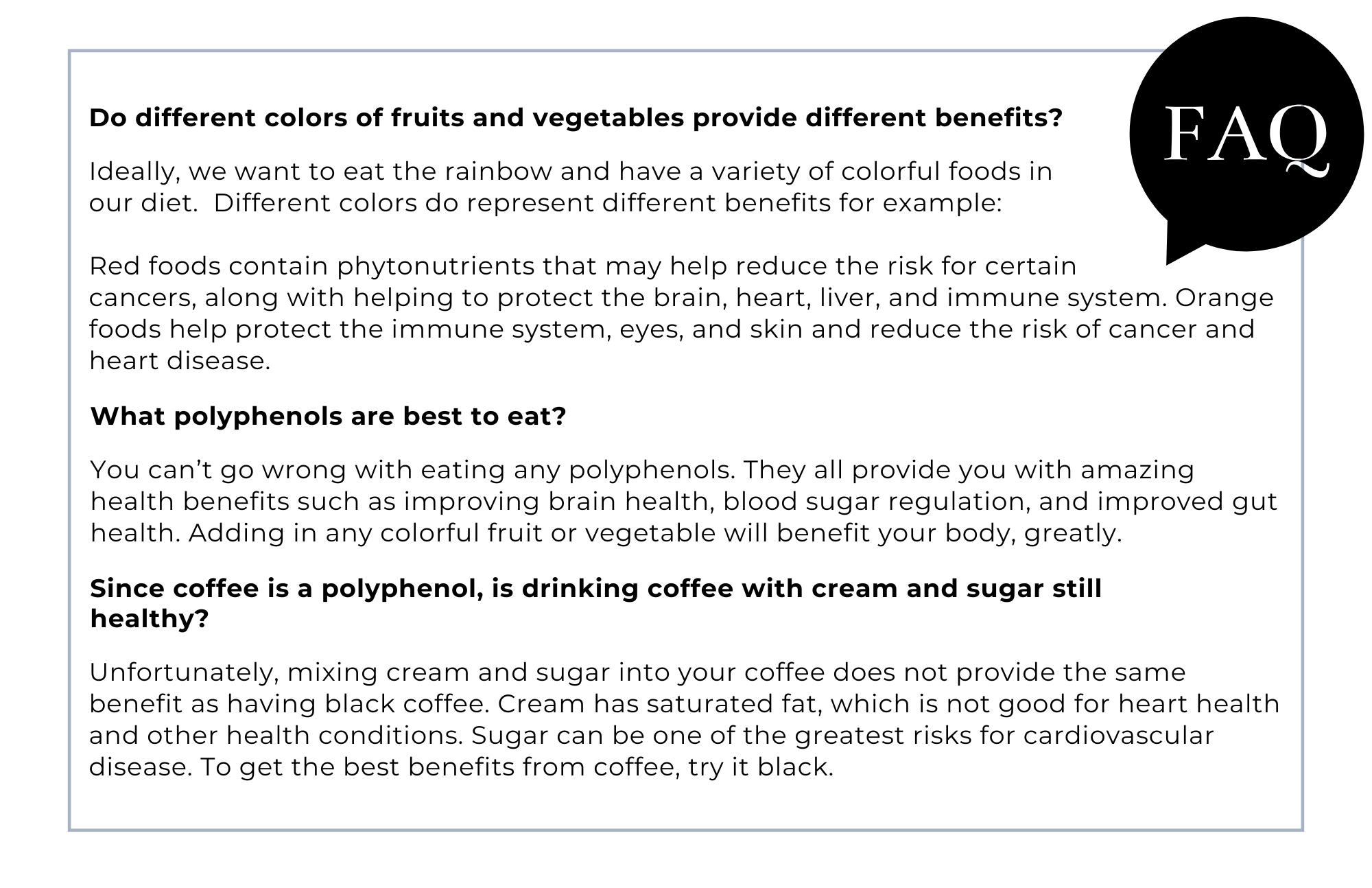

 919-999-0831
919-999-0831



It’s tricky enough to find restaurants with healthy options for grown-ups. Here are a few suggestions for dining out with the whole family.
Cowfish Sushi Burger Bar- With locations in Raleigh, Charlotte and Orlando, Cowfish melds the deliciousness of sushi and burgers to make sure there is something for everyone on the menu. Cowfish makes special occasions fun with their playful ambiance and noisy gong birthday song!
With most kids’ meals priced at $8, it’s affordable for a regular dinner out, too. Their kitchen takes care to accommodate a variety of allergies. The kids’ menu is made up of Bento Boxes with main dishes including California rolls, grilled nuggets, PB&J Sushi Roll and more. Each one comes with two sides and a rice crispy dessert. Healthy side options include oranges, carrots, edamame, apples and sweet potato fries. For the grown-ups, gluten sensitive and vegetarian options are clearly marked. Try the Double Salmon Roll and the Tuna & Avocado-Tini.
Firebirds – Okay, confession time. I am guilty of ordering from the kids’ menu at Firebirds. It’s tough to beat grilled salmon with two sides and a drink for less than $11. In my defense, I do tip generously when I go this route.
Firebirds is a chain with locations around the country – including Raleigh, Durham, Morrisville, Winston-Salem and Charlotte. The dining room is nice enough for a special occasion dinner.
For healthy kids’ options, try the grilled chicken breast, salmon or steak with broccoli, fresh veggies and/or fresh fruit and 1% milk or an Honest Juice Box to drink. They also have mocktails for fun, non-alcoholic drink options for the whole crew. Food allergies? Ask to see a manager to ensure your food is prepared in a way that is safe for you and your family.
Chipotle- For a quicker meal on the go, Chipotle offers vegetarian, vegan, paleo, Whole30, gluten-free, dairy-free, soy-free and even sulphite-free options. They do not use eggs, mustard, peanuts, tree nuts, sesame, shellfish or fish as ingredients. Kids meals are less than $6 and include a fruit side and organic milk as healthy side/drink options – and I admit to ordering the kids’ meals here, too. I still tip like a grown-up, though. This is a fantastic option for tired grown-ups in the middle of a Whole30.
Your partner in health,

Erica Nelson, MSPH, NBC-HWC
Erica Nelson, MSPH, NBC-HWC

Here, at Carolina Total Wellness, we often recommend dietary adjustments to treat a wide variety of symptoms. Many of our patients come to us for guidance, asking ‘What is the healthiest diet?’ And the truth is, the ‘healthiest diet’ is unique to the person eating it.
One patient may get itchy and congested when they eat and need to reduce or eliminate foods that may increase or contain histamines like leftovers and peanuts. Another patient may have intestinal permeability and need to eliminate identified sensitives to gluten, oats and eggs. Yet another may be concerned about their family history of Alzheimer’s disease or cancer and need to make a variety of other adjustments.
Regardless of health status and dietary needs, most of us prefer sharing meals with our friends, family and coworkers over dining alone. Sometimes even a simple lunch can be a source of concern when a well-meaning aunt or friend asks about your ‘crazy diet.’
Over and over again, patients tell me that eating with their families is a barrier to successfully making the adjustments necessary to improve their health. Here are some strategies to enjoy eating the food that nourishes your body with the people that nourish your soul (and even some people that don’t):
Know your why. Get clear on why you are making the changes. And practice your responses ahead of time. When you know exactly what you are trying to accomplish with your food, it is easier to make good choices and much harder for someone else to convince you otherwise.
Have a short ‘elevator pitch’ prepared. Something like, ‘I wasn’t feeling my best recently and, after talking to my doctor, I am focused on eating foods that nourish my body and soul like (name a few key foods you’re enjoying eating.)’ And then mention a positive outcome like. ‘You wouldn’t believe how much better I am sleeping!’
Have at least one person fully in your corner. As part of your preparation for making these changes, make sure you talk to a trusted friend or partner that will be your support-person when the going gets tough. No matter how committed you are to health changes, there will be days when you don’t get enough rest or you have a bad day at the office. On these days, even strong-willed, prepared ‘you’ can have a tough time remembering your ‘why’ and the ‘Can’t you have just one bite?’ question may be coming from inside your own head. On these days, call this person and tell them that you are considering deviating from your plan.
Project confidence. Add a big smile to your ‘No thank you’ and you’re less likely to get pushback or hear ‘Can’t you have just one?’ Know your restaurant order before you go and say it confidently. ‘I’ll have the burger, no bun, no cheese, extra lettuce and the spinach salad on the side, please.’
“Girl (or boy,) stop apologizing.” Rachel Hollis made this phrase famous with her book by the same name. She was right, though. There is no need to apologize for doing what is right for your health and/or sanity. Try replacing ‘I’m sorry’ with ‘Thank you.’ For example, instead of ‘I’m sorry to inconvenience you,’ try ‘Thank you for accommodating for my gluten/dairy/egg/sugar sensitivity.’
Boundaries. Some people have no trouble with the sentence ‘no.’ But for many, it is easier to please the people around you and silently suffer your own consequences later. This can be exhausting and lead to difficulty knowing what you wanted in the first place. Know where your line is and don’t let anyone tempt you to cross it. Remember that everything you say ‘yes’ to is a ‘no’ to something else.
It is okay to make inappropriate people uncomfortable. If, for example, someone makes a comment about your body composition or fertility, it is not only okay to make them uncomfortable, but also brave and good. Saying ‘That’s inappropriate’ could keep them from bestowing their judgement on another undeserving person.
The health coaches at Carolina Total Wellness are here to support you in your personalized health care journey.
Your Partner In Health,
Erica Nelson, MSPH, NBC-HWC

Blair Cuneo, PA-C
I think about many things this time of the year with seasons changing and holidays approaching. As a functional medicine provider, I consider how changing landscapes not only affect my patient’s physical health, but also their emotional health. This landscape or “environment” of less direct sunlight, more time indoors, increased celebratory food and drink and increased holiday stress has a major impact on mental health for many of us.
Our relationship with food is complex, as is our body’s response to our culinary selections. We hope that our bodies can effectively digest food and absorb its nutritious content, but how do we know if it doesn’t? We hope the foods we are eating are contributing to healthy neurotransmitter production, healthy immune system messaging, but what does it feel like if that’s not the case?
You’d think that your stomach would definitely let you know if any of the above was amiss, but consider this: approximately 30% of us will have a gastrointestinal/gut symptom if there are imbalances in digestion or immune activation, while the majority of us will have a “beyond the gut” symptom first, such as headaches, mood changes, sleep disruptions, fatigue and pain. Thus, the majority of people may not be thinking of a direct relationship between green bean casserole and their anxious or sad days.
Several things need to happen when we eat a meal. First, we need to be in a “rest and digest” state. This signals to the body it’s time to produce digestive acids, enzymes and bile to sterilize the food, break it down and absorb it well. Next, we need healthy proteins that can be broken down by these digestive supports to become the basic amino acids that our body will use as the building blocks to create neurotransmitters like dopamine and serotonin. Neurotransmitters are signaling molecules, providing communication between nerves. The balance of neurotransmitter production, absorption and clearance, affects mental and physical health. Further, this building of neurotransmitters requires cofactors of several micronutrients like zinc, vitamin B6, magnesium and vitamin D.
To cap things off, there can be immune system reactions to foods, allergies and/or sensitivities that are contributing to inflammatory messaging that starts in the gut, but travels “beyond the gut”, affecting our emotional state.
In my practice, I regularly see low levels these cofactors, low levels of digestive enzymes and gastric acid, high stress and of course, the daily challenge in regularly making healthy eating and drinking choices.
In order for a body and mind to be healthy, each of these areas needs to be considered, evaluated and addressed.
While there are objective tests available for providers to check your nutrient and digestive status, there are also excellent lifestyle supports to begin making a shift in your wellness today.
-Eat at regular intervals. It is less stressful for the body when it knows it can count on you to feed it. This also helps the timing of the digestive acids/enzymes release where there are patterns in meal timing.
-Whole foods. Limit processed foods. Head to the refrigerator, before you head to the pantry. Each meal should contain a protein, small amount of fat, and colorful fruits and vegetables.
-Mindful eating, not distracted eating. Try to avoid multitasking while eating. As often as you can, eat at a table, focused on your food and the company that you share. Look, smell, taste and chew well! Even the process of chewing is signaling release of enzymes.
-Connect with your healthcare provider to review your micronutrient and vitamin status. You might discuss multivitamin, magnesium and/or zinc supports and also test your vitamin D to help assign dosing recommendations.
Remember, Food can be medicine! Make sure you use it wisely!
Your Partner in Health!

Blair Cuneo, PA-C
Functional medicine is a science-based health care approach to assess, prevent and treat complex chronic disease.
![]() Learn More
Learn More
After a brief allergy test, you can begin sublingual immunotherapy (SLIT), or allergy drops under the tongue. No more allergy shots!
![]() Learn More
Learn More
Learn how to prepare for your visit and what to expect at your initial consultation and at your follow-up visits with our office.
![]() Learn More
Learn More